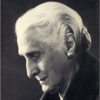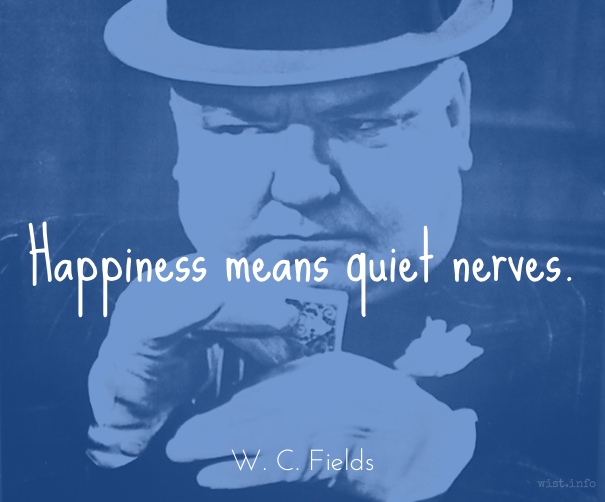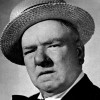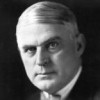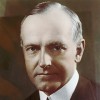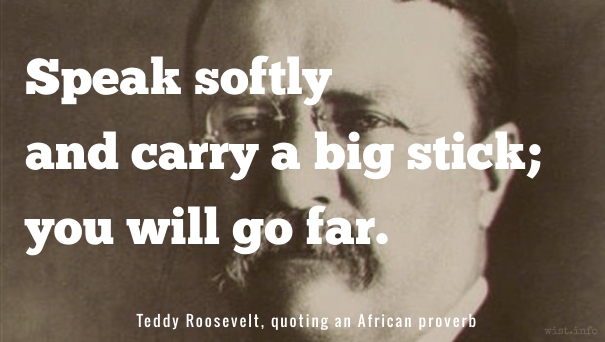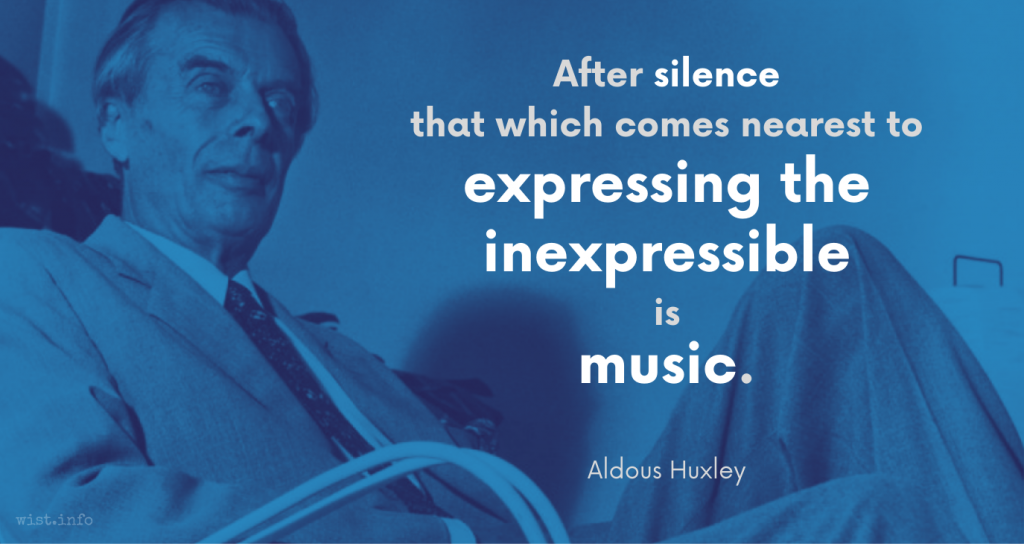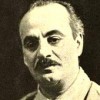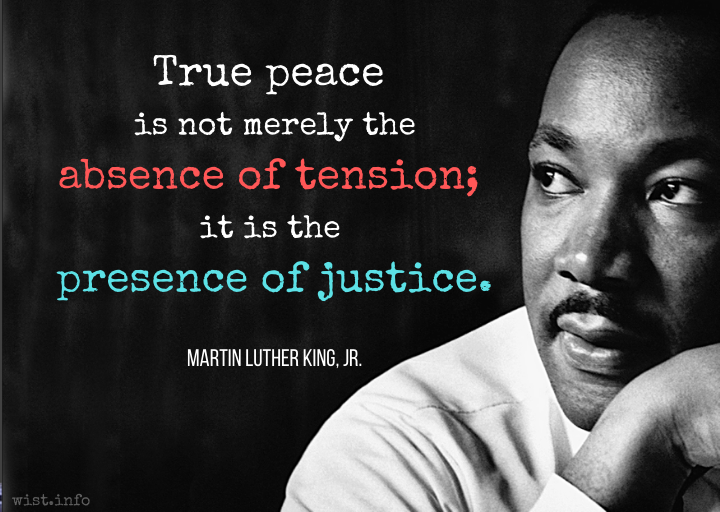Age puzzles me. I thought it was a quiet time. My seventies were interesting and fairly serene, but my eighties are passionate. I grow more intense as I age.
Florida Scott-Maxwell (1883-1979) American-British playwright, author, psychologist
The Measure of My Days (1968)
(Source)
Quotations about:
quiet
Note not all quotations have been tagged, so Search may find additional quotes on this topic.
I never hear parents exclaim impatiently, “Children, you must not make so much noise,” that I do not think how soon the time may come when those parents would give all the world, could they hear once more the ringing laughter which once so disturbed them.
How important are free speech and satire? Important enough that people will murder others to silence the kind of speech they don’t like.
Neil Gaiman (b. 1960) British author, screenwriter, fabulist
Twitter (7 Jan 2014)
(Source)
Regarding the mass murder at the Charlie Hebdo magazine in Paris.
It’s better to keep your mouth shut and appear stupid than to open it and remove all doubt.
Mark Twain (1835-1910) American writer [pseud. of Samuel Clemens]
(Spurious)
This quotation, and close variants, are frequently attributed to Twain or Abraham Lincoln, but appears to have first been phrased this way by Maurice Switzer, Mrs. Goose, Her Book (1906): "It is better to remain silent at the risk of being thought a fool, than to talk and remove all doubt of it." Another point of origin is in the Bible, Proverbs 17:28: "Even a fool, when he holdeth his peace, is counted wise: and he that shutteth his lips is esteemed a man of understanding." See here for more information.
If everbuddy thought before they spoke ther wouldn’t be enough noise in this world t’ scare a jaybird.
[If everybody thought before they spoke there wouldn’t be enough noise in this world to scare a jaybird.]
Men repent speaking ten times, for once that they repent keeping silence.
James Burgh (1714-1775) British politician and writer
The Dignity of Human Nature, Sec. 5 “Miscellaneous Thoughts on Prudence in Conversation” (1754)
(Source)
As we must account for every idle Word, so must we likewise for every idle Silence.
Thomas Fuller (1654-1734) English physician, preacher, aphorist, writer
Introductio ad Prudentiam, # 575 (1725)
(Source)
I have always been fond of the West African proverb “Speak softly and carry a big stick; you will go far.”
Theodore Roosevelt (1858-1919) American politician, statesman, conservationist, writer, US President (1901-1909)
Letter to Henry L. Sprague (26 Jan 1900)
Full text. This is the first known use by Roosevelt of his future catch phrase. It attained more fame when he used it in a speech at the Minnesota State Fair (2 Sep 1901) (there are transcript variants):
More discussion here:
- "There is a homely adage which runs 'Speak softly and carry a big stick; you will go far.' If the American nation will speak softly and yet build and keep at a pitch of highest training a thoroughly efficient Navy, the Monroe Doctrine will go far."
- "Right here let me make as vigorous a plea as I know how in favor of saying nothing that we do not mean, and of acting without hesitation up to whatever we say. A good many of you are probably acquainted with the old proverb, 'Speak softly and carry a big stick -- you will go far.' If a man continually blusters, if he lacks civility, a big stick will not save him from trouble, and neither will speaking softly avail, if back of the softness there does not lie strength, power. In private life there are few beings more obnoxious than the man who is always loudly boasting, and if the boaster is not prepared to back up his words, his position becomes absolutely contemptible. So it is with the nation. It is both foolish and undignified to indulge in undue self-glorification, and, above all, in loose-tongued denunciation of other peoples. Whenever on any point we come in contact with a foreign power, I hope that we shall always strive to speak courteously and respectfully of that foreign power."
After silence that which comes nearest to expressing the inexpressible is music.
Aldous Huxley (1894-1963) English novelist, essayist and critic
“The Rest is Silence,” Music at Night and Other Essays (1931)
(Source)
The lust for comfort, that stealthy thing that enters the house a guest, and then becomes a host, and then a master. […] Verily the lust for comfort murders the passion of the soul, and then walks grinning in the funeral.
Kahlil Gibran (1883-1931) Lebanese-American poet, writer, painter [Gibran Khalil Gibran]
The Prophet, “On Houses” (1923)
(Source)
True peace is not merely the absence of tension; it is the presence of justice.
Martin Luther King, Jr. (1929-1968) American clergyman, civil rights leader, social activist, preacher
Stride Toward Freedom, ch. 2 “Montgomery Before the Protest” (1958)
(Source)
Response to a Montgomery resident who complained that race relations had been so "peaceful and harmonious" before King and other protesters arrived.

